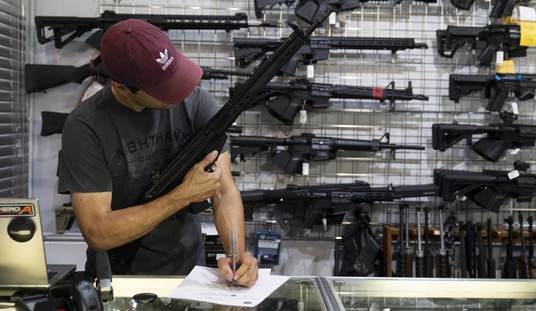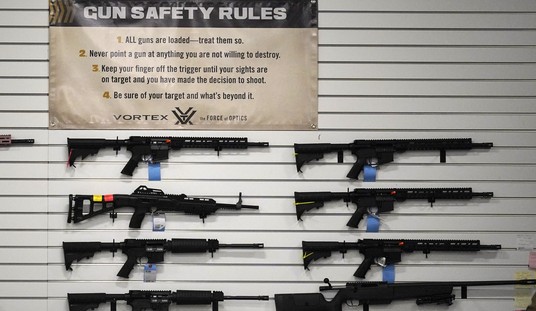Not all “assault weapon” and magazine bans are created equal, though both flavors are noxious and antithetical to our Second Amendment rights. The first variety seeks to ban all future sales and purchases, while “grandfathering” in existing owners. That was sort of the standard model used by gun control activists over the past couple of decades, but around 2016 or so that started to change. California voters revised the state’s magazine ban, first enacted many years earlier, to remove the grandfather clause and ban the continued possession of lawfully purchased magazines.
Since then New Jersey has enacted a similar ban sans grandfather clause, and both cases are now currently waiting for the Supreme Court to do something with them. The cases have been held in conference for quite a while, so the expectation is that they’ll either be remanded back to the appellate courts with instructions based on the upcoming Bruen decision, or the Court will take one or both cases and handle the issue of magazine bans directly.
Rhode Island Attorney General Peter Neronha isn’t waiting to hear what SCOTUS has to say about these bans, however. He’s lobbying to block any attempt to add a grandfather clause in a magazine ban bill that’s coming up for a vote in the state House.
As written, the proposed Rhode Island law would give those who own the high-capacity ammunition-feeding devices 180 days to convert them, surrender them to police, or transfer or sell them to new owners in states where they are legal.
Neronha laid out his arguments against any broad exemptions to these rules in a letter to House Judiciary Chairman Robert Craven on Friday that said, in part: “Let me be clear — we need to reduce the supply of high-capacity magazines in Rhode Island.
“The addition of a grandfather clause would render this legislation unenforceable and functionally meaningless.”
He explained: “Most high-capacity magazines do not have identifying marks, serial numbers, or registration numbers, which could be used to indicate when they were manufactured or sold.
“Because law enforcement would be unable to verify whether an individual possessed a magazine prior to the effective date of this legislation, such an exemption would serve as a readily available defense for every prospective criminal defendant.
“Rhode Island should learn from the experience of states such as California and New York, which have both repealed previously enacted grandfathering provisions for this very reason,” he argued.
Bottom line, he wrote: “This bill will save lives, but not if it contains an exception that swallows the rule.”
This law isn’t going to stop any violent criminal anyway, and Neronha and his anti-gun allies in the Rhode Island legislature would do far more damage to legal gun owners than anyone willing and ready to use a firearm in a carjacking, home invasion, drive-by shooting, or targeted attack by banning these magazines.
There are, according to NSSF estimates, more than 130-million ammunition magazines that can hold 10+ rounds in the hands of legal gun owners across the country, making up more than half of all ammunition magazines in the country. And I find it very interesting that Neronha and Democratic legislators say it’s okay to move the magazines out of state, given that they claim the removal of these magazines from society would save lives. Why are they okay with these magazines ending up in Pennsylvania or New Hampshire if they’re supposedly so dangerous? Why not just tell gun owners they have to hand them over to police or destroy them?
I have no doubt that’s exactly what Neronha and his colleagues would really prefer to do, but allowing the magazines to be removed out of state allows for the AG to argue in any lawsuit challenging the ban that the owners of these magazines aren’t actually prohibited from owning them, merely prohibited from possessing them in the state. It’s a legal sleight of hand, but one that appellate courts have so far gone along with.
Regardless of what the final bill looks like, any magazine ban imposed on Rhode Island gun owners is likely to face a court challenge of its own, and hopefully the Supreme Court will soon shut down these flagrantly unconstitutional attempts to get legal gun owners to give up their lawfully-purchased ammunition magazines; either in its decision in Bruen, which should be handed down in the next couple of weeks, or by taking up one of the magazine ban cases that are being held in conference.









Join the conversation as a VIP Member